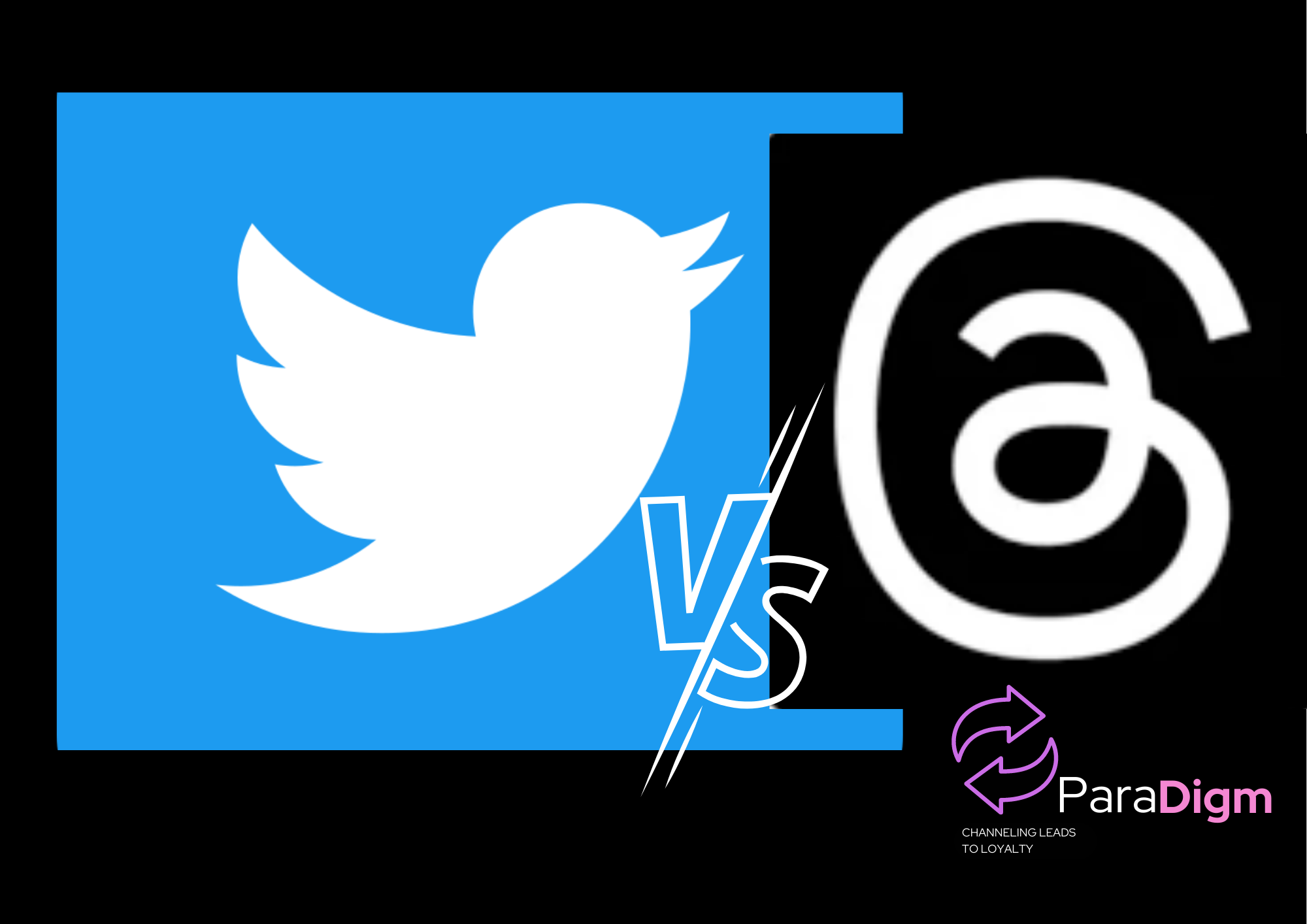Trends vs Threads: Will Threads Usher In The Demise of Twitter?

On Thursday morning, the Threads app, Meta's latest social media platform and the parent company of Facebook and Instagram, achieved a remarkable milestone with over 10 million sign-ups. Threads was developed as a direct competitor to Twitter, evident in its similar structure and setup, such as the thread-like system of posting, limited character count per post, and seamless interaction through comments and sharing. The significant influx of users raises the question of whether Meta's strategic brilliance capitalized on Twitter's declining popularity amidst recent reforms, or if the integration of Threads into established social media platforms played a pivotal role in attracting such massive numbers. In this article, we, at Top Tunnel, aim to explore and shed light on this intriguing phenomenon.
It was fun ✌️ pic.twitter.com/mYz14n3pio
— NandosSA (@NandosSA) July 6, 2023
Poor decision making done by Elon Musk?
On one end of the spectrum, Twitter's issues are often attributed to Elon Musk's intervention, as he aimed to transform the social media platform into a space conducive to freedom of speech and expression. This marked a response and rectification to the previous system's approach of "canceling" users deemed to have deviated from a perceived moral compass. Figures like Donald Trump, Kanye West, and Andrew Tate, who were once victims of the unforgiving nature of woke culture, found redemption under Elon Musk's wing.
Regarding Twitter's internal affairs, Elon's reign began with a substantial workforce reduction to enhance the company's profitability. However, it is worth noting that major tech giants like Google, Amazon, and Meta were also conducting significant layoffs due to the uncertain economic climate. Thus, labeling Elon Musk as a villain in this context may be unjustified. Nevertheless, this did create internal friction at Twitter, as Elon Musk faced criticism for the layoffs and his emphasis on a culture of hard work and longer hours.
For users, Elon Musk's arrival brought some ambiguity regarding the platform's reforms. Firstly, the verification process underwent a change. It was no longer solely based on popularity but became accessible to those who could afford the monthly subscription fee of $8 USD. This new system allowed paying subscribers to write longer posts, diverging from Twitter's signature 280-character limit. Ironically, Twitter started resembling Facebook with longer posts, while Threads harked back to the nostalgic era of Twitter, which many users yearned for.
While Elon Musk's methodology could be subject to criticism, it is premature to depict him as the sole catalyst behind Twitter's downfall. As we write this, Threads has only been in existence for less than two days, leaving us with limited evidence to draw definitive conclusions.
Every silver lining has a cloud
The social media landscape has become fiercely competitive, with platforms rising and falling, either losing relevance or fading into obscurity. The fortunate ones have been absorbed by their larger counterparts. Given the cutthroat nature of this sector, one would expect Twitter to proceed cautiously with their reforms, anticipating that their biggest rival would seize the opportunity to exploit their weaknesses.
So, what led to this record-breaking number of sign-ups? Firstly, Meta has created a seamless migration system, allowing Instagram users to effortlessly transfer their profile and bio details along with their login credentials, eliminating the tedious sign-up formalities. Secondly, users can maintain their existing communities from Instagram, sparing them the need to rebuild from scratch. Imagine a world where the old Twitter seamlessly integrates with an Instagram plug-in or theme - that's the best way to describe Threads.
However, it's important to remember that humans are fickle and can quickly grow tired. The enthusiasm surrounding Threads may be mere excitement about the emergence of a new platform, but similar to other apps like Clubhouse, the initial hype may eventually fade as users return to what they are familiar with.
In a tweet, Meta CEO Mark Zuckerberg mentioned that Threads could gain favor as a platform that promotes friendly interactions and respect, possibly alluding to the revival of a cancel culture system with less crassness. However, it's worth noting that a significant portion of users enjoy the raw and unfiltered nature of Twitter, embracing trolling, bullying, and sharing explicit content.
Only time will reveal the fate of Threads and Twitter. Will Twitter join the ranks of long-forgotten heroes like Nokia, Yahoo, and Myspace, while Threads becomes an unstoppable force? Or will this be yet another season of euphoria and hype, proving Threads to be inconsequential against Twitter? Alternatively, a more utopian perspective suggests that there is room for both platforms to thrive, catering to their respective audiences based on the type of conversation and interaction they seek to create.

